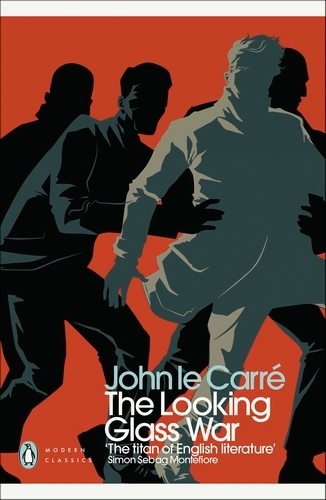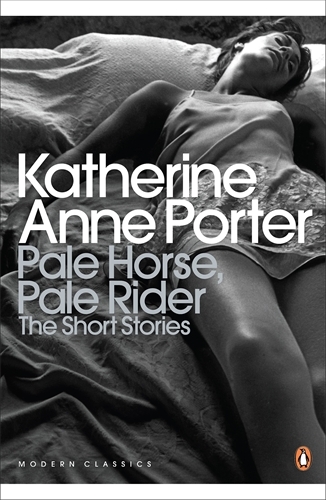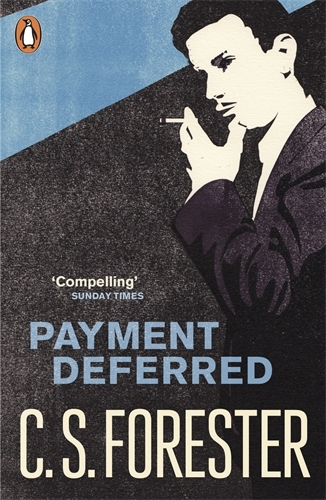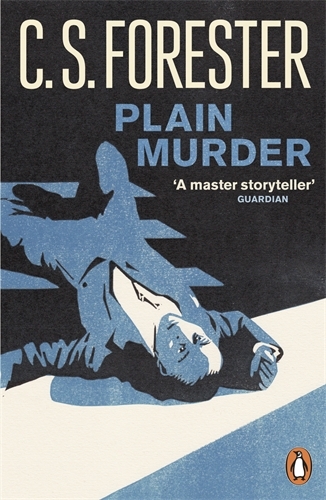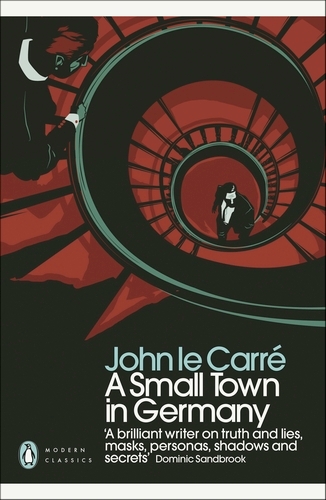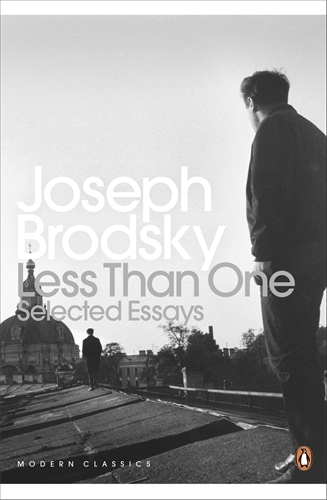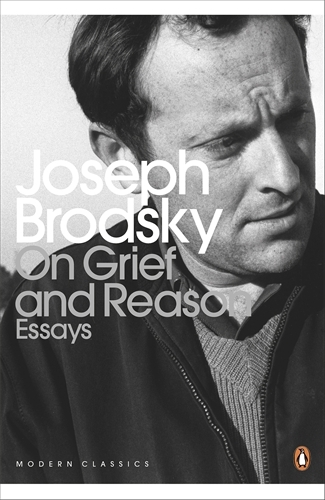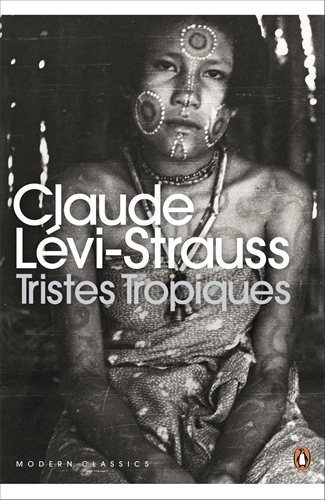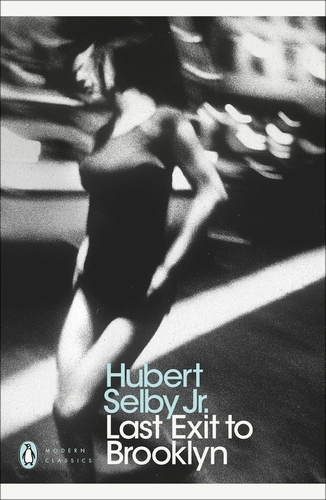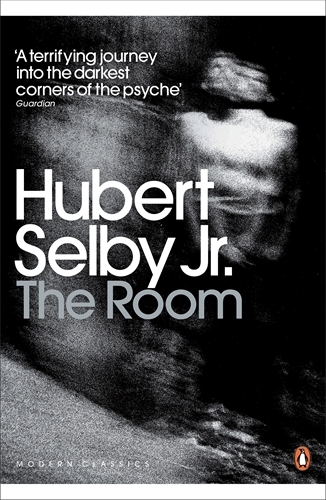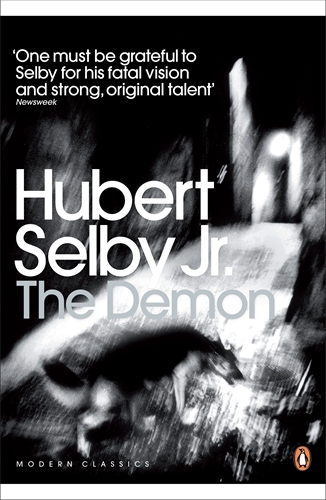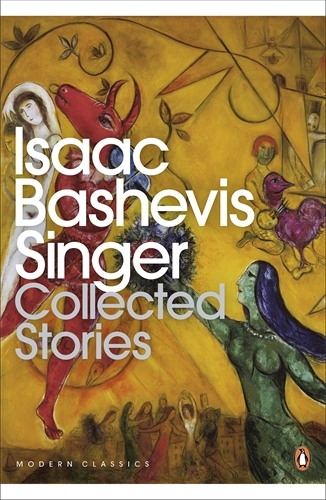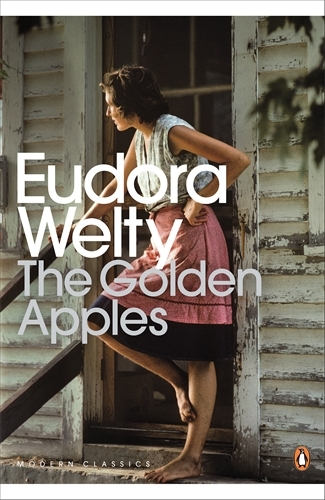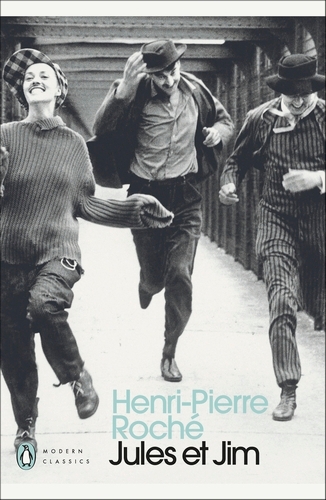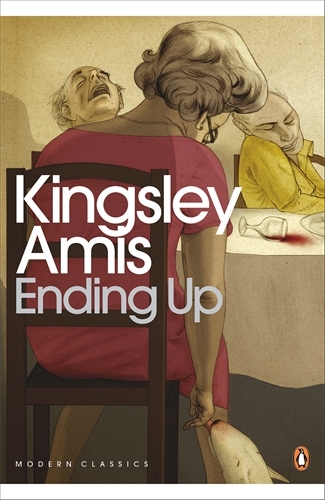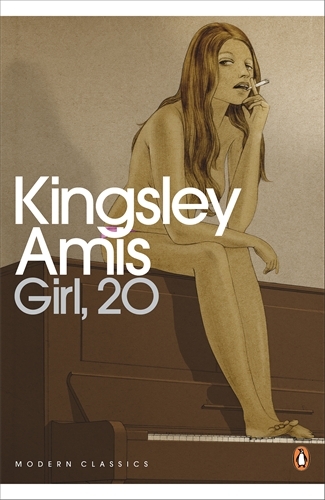Penguin Modern Classics
1281 books in this series
The Looking Glass War
When the Department - faded since the war and busy only with bureaucratic battles - hears rumour of a missile base near the West German border, it seems like the perfect opportunity to regain some political standing in the Intelligence market place. The Cold War is at its height and the Department is dying for a piece of the action.
Swiftly becoming carried away by fear and pride, the Department and her officers send deactivated agent Fred Leiser back into East Germany, armed only with some schoolboy training and his memories of the war.
In the land of eloquent silence that is Communist East Germany, Leiser's fate becomes inseparable from the Department's.
Swiftly becoming carried away by fear and pride, the Department and her officers send deactivated agent Fred Leiser back into East Germany, armed only with some schoolboy training and his memories of the war.
In the land of eloquent silence that is Communist East Germany, Leiser's fate becomes inseparable from the Department's.
Pale Horse, Pale Rider: The Selected Stories of Katherine Anne Porter
From the gothic Old South to revolutionary Mexico, few writers have evoked such a multitude of worlds, both exterior and interior, as powerfully as Katherine Anne Porter. This collection gathers together the best of her Pulitzer Prize-winning short fiction, including 'Pale Horse, Pale Rider', where a young woman lies in a fever during the influenza epidemic, her childhood memories mingling with fears for her fiancé on his way to war, and 'Noon Wine', a haunting story of tragedy and scandal on a small dairy farm in Texas. In all of the compelling stories collected here, harsh and tragic truths are expressed in prose both brilliant and precise.
Payment Deferred
Mr Marble is in serious debt, desperate for money to pay his family's bills, until the combination of a wealthy relative, a bottle of Cyanide and a shovel offer him the perfect solution. In fact, his troubles are only just beginning. Slowly the Marble family becomes poisoned by guilt, and caught in an increasingly dangerous trap of secrets, fear and blackmail. Then, in a final twist of the knife, Mrs Marble ensures that retribution comes in the most unexpected of ways ...
First published in 1926, C. S. Forester's gritty psychological thriller took crime writing in a new direction, portraying ordinary, desperate people committing monstrous acts, and showing events spiralling terribly, chillingly, out of control.
First published in 1926, C. S. Forester's gritty psychological thriller took crime writing in a new direction, portraying ordinary, desperate people committing monstrous acts, and showing events spiralling terribly, chillingly, out of control.
Plain Murder
At the Universal Advertising Agency on the Strand, London, a murder is being planned. Three men have been discovered taking bribes and face the grim prospect of the dole queue, unless they can get rid of the person who caught them. Their ringleader, thick-set and vicious Mr Morris, soon discovers that killing is far easier than he thought - and that he even has a talent for it. He might, he feels, be superhuman. But as he will discover, there is no such thing as the perfect crime, and no deed goes unpunished.
Taking us into a 1930s London of grimy back streets, smoky cafes and shabby rooms, Plain Murder, C. S. Forester's second crime novel, is a brilliantly atmospheric and gripping portrayal of the dark heart of a killer.
Taking us into a 1930s London of grimy back streets, smoky cafes and shabby rooms, Plain Murder, C. S. Forester's second crime novel, is a brilliantly atmospheric and gripping portrayal of the dark heart of a killer.
A Small Town in Germany
West Germany, a simmering cauldron of radical protests, has produced a new danger to Britain: Karfeld, menacing leader of the opposition. At the same time Leo Harting, a Second Secretary in the British Embassy, has gone missing - along with more than forty Confidential embassy files. Alan Turner of the Foreign Office must travel to Bonn to recover them, facing riots, Nazi secrets and the delicate machinations of an unstable Europe in the throes of the Cold War.
As Turner gets closer to the truth of Harting's disappearance, he will discover that the face of International relations - and the attentions of the British Ministry itself - is uglier that he could possibly have imagined.
As Turner gets closer to the truth of Harting's disappearance, he will discover that the face of International relations - and the attentions of the British Ministry itself - is uglier that he could possibly have imagined.
Less Than One
Essayist and poet Joseph Brodsky was one of the most penetrating voices of the twentieth century. This prize-winning collection of his diverse essays includes uniquely powerful appreciations of great writers: on Dostoevsky and the development of Russian prose, on Auden and Akhmatova, Cavafy, Montale and Mandelstam. These are contrasted with his reflections on larger themes of tyranny and evil, and subtle evocations of his childhood in Leningrad. Brodsky's insightful appreciation of the intricacies of language, culture and identity connect these works, revealing his remarkable gifts as a prose writer.
On Grief And Reason
In this richly diverse collection of essays, Joseph Brodsky casts a reflective eye on his experiences of early life in Russia and exile in America. With dazzling erudition, he explores subjects as varied as the dynamic of poetry, the nature of history and the plight of the émigré writer. There is also the humorous tale of a disastrous trip to Brazil, advice to students, a homage to Marcus Aurelius and studies of Robert Frost, Thomas Hardy, Horace and others. The second volume of essays following Less Than One, this collection includes Brodsky's 1987 Nobel Lecture, 'Uncommon Visage'.
Tristes Tropiques
Tristes Tropiques begins with the line 'I hate travelling and explorers', yet during his life Claude Lévi-Strauss travelled from wartime France to the Amazon basin and the dense upland jungles of Brazil, where he found 'human society reduced to its most basic expression'. His account of the people he encountered changed the field of anthropology, transforming Western notions of 'primitive' man. Tristes Tropiques is a major work of art as well as of scholarship. It is a memoir of exquisite beauty and a masterpiece of travel writing: funny, discursive, movingly detailing personal and cultural loss, and brilliantly connecting disparate fields of thought. Few books have had as powerful and broad an impact.
Last Exit to Brooklyn
Few novels have caused as much controversy as Hubert Selby Jr.'s notorious masterpiece. Described by various reviewers as hellish and obscene, it tells the stories of New Yorkers who at every turn confront the worst excesses in human nature. Yet there are moments of exquisite tenderness in these troubled lives. Georgette, the transvestite who falls in love with a callous hoodlum; Tralala, the conniving prostitute who plumbs the depths of sexual degradation; and Harry, the strike leader who hides his true desires behind a boorish masculinity, are unforgettable creations.
Last Exit to Brooklyn was banned by British courts in 1967, a decision that was reversed the following year with the help of a number of writers including Anthony Burgess.
Last Exit to Brooklyn was banned by British courts in 1967, a decision that was reversed the following year with the help of a number of writers including Anthony Burgess.
The Room
'It is quite an experience to be locked up all by yourself in any size room' says the anonymous narrator of Hubert Selby Jr.'s second novel. What follows is a startling series of recollections and fantasies that illuminate the workings of a prisoner's unhinged mind. He yearns for his violent childhood, rages against obscure authorities, and imagines enacting horrible revenge on those who imprisoned him. The prisoner's remand cell becomes the scene of a surreal mental torture.
Disorienting, nightmarish and structurally inventive, The Room is a shocking examination of the suffering humans can inflict on each other.
Disorienting, nightmarish and structurally inventive, The Room is a shocking examination of the suffering humans can inflict on each other.
The Demon
Harry White is the man other men want to be: admired by his peers, talented, rich, and desired by countless women. His steady rise to a position of unprecedented influence in a New York investment firm seems inevitable to those who know him, and on the way he acquires a beautiful wife and children. But with every achievement the desire to destroy what is his grows stronger. A demon within drives him to sexual excess, petty crime and eventually murder.
The Demon explores the dark side of a man's ambitions with unflinching determination. Harry White's story is a gripping twentieth-century tragedy.
The Demon explores the dark side of a man's ambitions with unflinching determination. Harry White's story is a gripping twentieth-century tragedy.
Collected Stories
Isaac Bashevis Singer's work explores humanity in all of its guises. This collection of forty-seven short stories, selected by Singer himself from across the whole of his career, brings together the best of his writing. From the supernatural 'Taibele and Her Demon' to the poignant 'The Unseen', and from gentle humour in 'Gimpel the Fool' to tragedy with 'Yentl the Yeshiva Boy', these tales explore good and evil, passion and restraint, religious fervour and personal failings, within the traditional shtetls of pre-war Eastern Europe and post-war America.
The Golden Apples
First published in 1949, THE GOLDEN APPLES is an acutely observed, richly atmospheric portrayal of small town life in Morgana, Mississippi. There's Snowdie, who has to bring up her twin boys alone after her husband, King Maclain, disappears one day, discarding his hat on the banks of the Big Black. There's Loch Morrison, convalescing with malaria, who watches from his bedroom window as wayward Virgie Rainey meets a sailor in the vacant house opposite. Meanwhile, Miss Eckhart the piano teacher, grieving the loss of her most promising pupil, tries her hand at arson.
Eudora Welty has a fine ear for dialogue and describes each of the characters in incisive, haunting prose. '...in the South,' she says, 'everybody stays busy talking all the time - they're not sorry for you to overhear their tales'. Welty deftly picks up their stories to create an unflinching potrait of everyday life in the American South and offers a deeply moving look at human nature.
Eudora Welty has a fine ear for dialogue and describes each of the characters in incisive, haunting prose. '...in the South,' she says, 'everybody stays busy talking all the time - they're not sorry for you to overhear their tales'. Welty deftly picks up their stories to create an unflinching potrait of everyday life in the American South and offers a deeply moving look at human nature.
Jules et Jim
In free-spirited Paris, Jules and Jim live a carefree, bohemian existence. They write in cafés, travel when the mood takes them, and share the women they love without jealousy. Women like Lucie, flawless, an abbess, and Odile, impulsive, mischievous, almost feral. But it is Kate - with a smile the two friends had determined to always follow before they even met her, but capricious enough to jump in the Seine from spite - who steals their hearts most thoroughly.
Henri-Pierre Roché was in his mid-seventies when he wrote this, his autobiographical debut novel. The inspiration for the legendary film, it captures perfectly with excitement and great humour the tenderness of three people in love with each other and with life.
Henri-Pierre Roché was in his mid-seventies when he wrote this, his autobiographical debut novel. The inspiration for the legendary film, it captures perfectly with excitement and great humour the tenderness of three people in love with each other and with life.
Ending Up
At Tuppenny-hapenny Cottage in the English countryside, five elderly people live together in rancorous disharmony. Adela Bastable bosses the house, as her brother Bernard passes his days thinking up malicious schemes against the baby-talking Marigold and secret drinker Shorty, while kindly George lies bedridden upstairs. The mismatched quintet keep their spirits alive by bickering and waiting for grandchildren to visit at Christmas. But the festive season does not herald goodwill to all at Tuppenny-hapenny Cottage. Disaster and chaos, it seems, are just around the corner ...
Told with Amis's piercing wit and humanity, Ending Up (1974) is a wickedly funny black comedy of the indignities of old age.
Told with Amis's piercing wit and humanity, Ending Up (1974) is a wickedly funny black comedy of the indignities of old age.
Girl, 20
Douglas Yandell, a young-ish music critic, is enlisted by Kitty Vandervane to keep an eye on her roving husband - the eminent conductor and would-be radical Sir Roy - as he embarks on yet another affair. Roy, meanwhile, wants Douglas as an alibi for his growing involvement with Sylvia, an unsuitably young woman who loves nothing more than to shock and provoke. Life soon becomes extremely complicated as Douglas finds himself caught up in a frantic, farcical tangle of relationships, rivalry and scandal.
Girl, 20 is a merciless send-up of 1970s London's permissive society from a master of uproarious comedy.
Girl, 20 is a merciless send-up of 1970s London's permissive society from a master of uproarious comedy.
